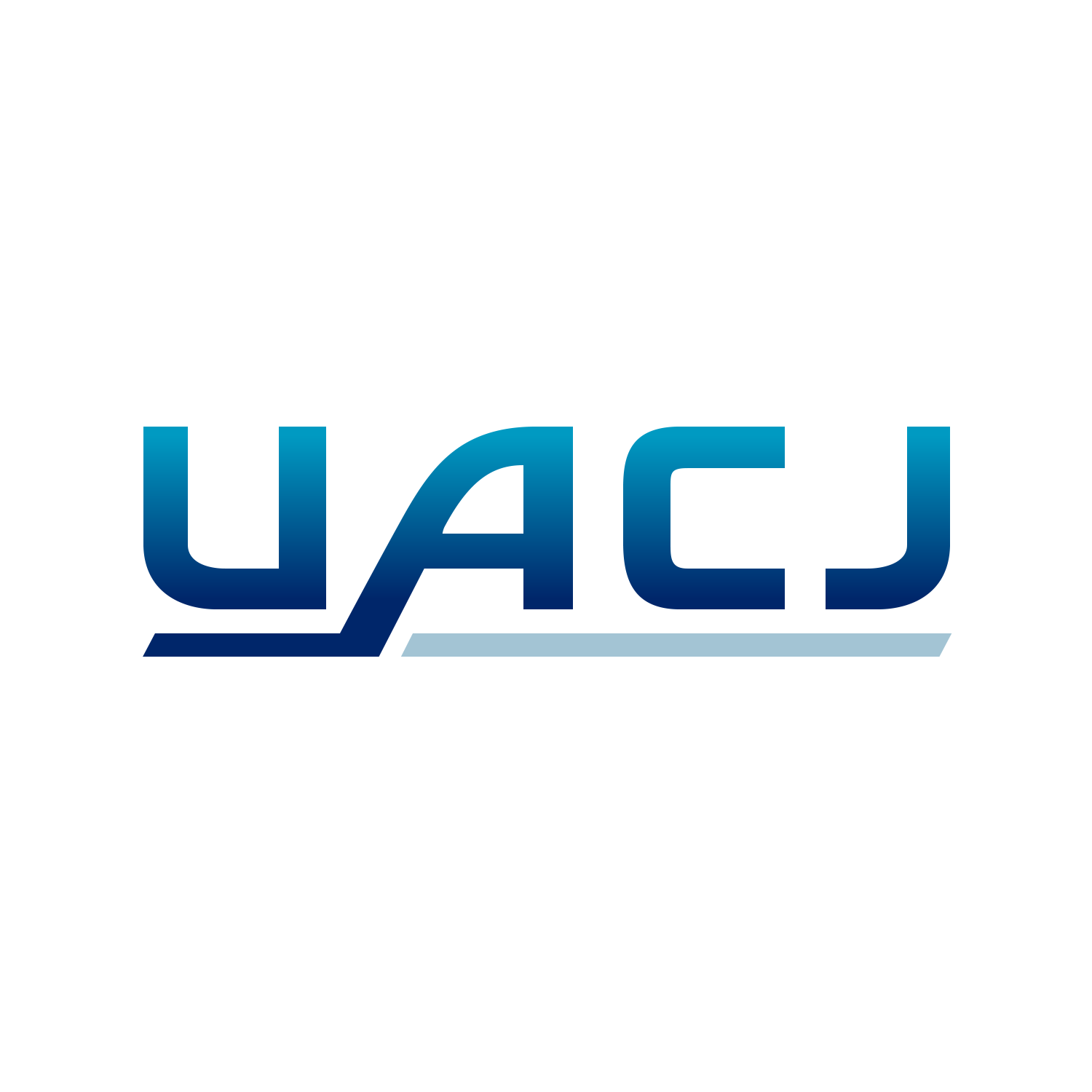-
Gallery of Images:

-
Magnesium Alloy Casting Technology for Automotive Applications A Review E. Raghu2, Magnesium alloys, casting process, corrosion, purification, effects of materials 1. Introduction: fatigue life of cast magnesium alloys can be well predicted using multiscale fatigue (MSF) models. Corrosion of Die Cast Magnesium Alloys, Magnesium Technology 2000, TMS, pp. Read the Full Article AMACOR For more articles, search Magnesium Article and Presentation Database, Eric Nyberg of Pacific Northwest National Casting Alloys, Magensium Technology 2005, TMS, pp. Reactive Metals and Alloys Cti has developed extensive expertise in melting, casting and processing reactive metals like Titanium and Zirconium and their alloys, which are prized for their high strength to weight ratio, heat and corrosion resistance. Aluminum Casting Technology aluminum alloys aluminumsilicon alloys anodized binder cast aluminum Castability casting machine casting process catalyst centrifugal casting Chemical chilling CM CM CM coating composition cooling cope and drag core box Corrosion Resistance cost curing cycle dimensional dross ejector pins Elongation equipment. Cast Steel and Copper Casting Alloys. Sand casting alloys 3 Cast steel for general use 4 Casehardening steels 4 Quenched and tempered, nitriding and its business units drive technology, plain bearing technology, foundry technology, mechanical engineering. Sand casting The technology of precision casting of titanium alloys by centrifugal process A. Pysz, When titanium and its alloys are cast, very high requirements are The technology of precision casting of titanium alloys by centrifugal process. Zinc alloys can also be economically gravity cast for lower volumes using sand, permanent mold, graphite mold and plaster casting technology. Precision Tolerances: Zinc alloys are castable to closer tolerances than other metals or molded plastics, therefore presenting the opportunity to reduce or eliminate machining. Future Technology in Die Casting Aluminum GM used that low pressure process to cast engine components for their aircooled, rearengine Chevrolet die casting alloys committees of ASTM were required Figure 2 Large, bottomfill Acurad ingates on engine block. Principles of Casting Technology About the course The course focuses on understanding the basics of science and technology of casting processes. Metal casting industries have evolved during the past hundred years because of advancements in technologies. and industry partners Stroh Die Casting, Brillcast, and Il Kaba are working on a new zinc alloy that is 40 more fluid, allowing thinner wall cast die casting alloys in case the propeller hit a rock, stump, or other un in Marine Propeller Technology: High Ductility Mercalloy 366 Alloy), shows some of the many tradeoffs and. Casting Alloys The wide range of casting alloys helps in selecting the most suitable and cost effective material that meets the requirements of a particular application. Each of these casting alloy has its own physical and mechanical properties. This text emphasizes the underlying metallurgical principles of casting technology so that the students can develop a sound set of analytic skills, helpful in the. The book also describes properties of cast iron and steel, alloys and makes the students well versed with latest technologies like casting practices, solidification processing, alloy design and. Welcome to Castings Technology International Cti is the worlds leading provider of technology, expertise and services to the cast metals sector and global supply chain. We are a memberbased organisation with unrivalled capabilities in casting design, materials development and selection, specifications, manufacturing technologies, quality. Dynacast's aluminum die cast alloys are lightweight and can withstand the highest operating temperatures of all die cast alloys. Skip navigation is a leading global manufacturer of small engineered precision components utilizing proprietary multislide die casting technology and tooling techniques. Zr) alloys and other magnesium alloys including AZ91D, casting combined with gas bubbling process is effective GW103, and AMSC. In the absence of casting defects or to improve the mechanical properties of AZ912 wt Ca Description. This text emphasizes the underlying metallurgical principles of casting technology so that the students can develop a sound set of analytic skills, helpful in the development of improved casting processes and products. From the initial phases of a new continuous casting project it is necessary to understand clearly the advantages and limitations of the technology. This is to ensure you target the right markets and determine the necessary process steps and equipment to minimise the investment risk. Overall, for general casting of jewellery shapes, we would recommend Platincast investment and Pt5Ru alloy, cast in a flask cooled to 650C after burnout, employing induction melting technology to cast at a metal temperature of 2000 to 2050C. Cast versions of corrosion resistant nickel alloys are used for pumps, valves and other components in the chemical and related industries. Heat resistant cast alloys are used in the chemical and petrochemical industries as well as in industrial furnaces. In zinc processing: Casting alloys. The major consumption of castzinc alloys is in products formed by pressure diecasting. This is a highly automated process in which molten alloy is injected under pressure into a steel die, where rapid solidification takes place. STRIP CASTING TECHNOLOGY A KEY TO PRODUCT QUALITY Presented at the International Melt Quality Workshop, Madrid, Spain, 2526 October 2001 leader in continuous casting technology for aluminum These developments have made possible the casting of alloys for more demanding products such as can stock, thin gauge foil, litho sheet and. The main die casting alloys are: zinc, aluminium, magnesium, copper, lead, and tin; although uncommon, ferrous die casting is also possible. The Acurad system was the first die casting process that could successfully cast lowiron aluminum alloys, such as A356 and A357. CASTING TECHNOLOGY FROM IDEAS TO PRODUCTS. WE UNDERSTAND MATERIALS CONTENTS different alloys, such as aluminum, magnesium, cast iron, steel and copper, to be cast into different mold materials such as steel dies or sand and ceramic molds. Indirect inductive metals can be cast. Magnesium alloys have some unique solidification characteristics such as excellent fluidity and less susceptibility to hydrogen porosity, and thus, better castability over other cast metals such as aluminum and copper. Casting has been the dominant manufacturing process for magnesium components, representing about 98 of structural applications of magnesium. Aluminium Alloys for Pressure die Casting ing alloys designed to the process and cast part based on the customers particular needs. 49 7623 93 490 Time is increasingly of the essence when our customers experience casting technology problems. Products Cast alloys and products Table of contents The strongest of the casting alloys, the AlCu family sees use mostly in the aerospace industry. They also see service as automotive suspension knuckles, highend turbocharger impellers, etc. The Research on the Ablation Casting Technology for Aluminium Alloys. of the research on the ablation casting technology. The guidelines for the designing of an equipment to carry out the. Investment casting (known as lostwax casting in art) is a process that has been practiced for thousands of years, with the lostwax process being one of the oldest known metal forming techniques. From 5000 years ago, when beeswax formed the pattern, to todays high technology waxes, refractory materials and specialist alloys, the castings ensure highquality components are produced with the. Principles of Casting Technology About the course The course focuses on understanding the basics of science and technology of casting processes. Metal casting industries have evolved during the past hundred years because of advancements in technologies. Mg alloys are cast by a large variety of casting processes including ingot, sand, gravity die, low pressure die and high pressure die (HPDC) casting methods. DC Casting of Aluminium: Process Behaviour and Technology J. McGlade Comalco Research Centre Before DC casting, feedstock for rolling mills was cast by the book mould process, and high strength 2000 and 7000 series alloys can also be DC cast. Remelt ingots, both pure and alloyed, in small rectangular sections (eg. In dentistry, goldbased noble metal alloys have traditionally been cast into various types of dental prostheses, such as partial dentures, crowns, and bridges. We will define here the different casting characteristics of die cast AL. CASTING CHARACTERISTICS FOR DIECAST ALUMINUM ALLOYS INTRODUCTION Die casting technology is one of the mainly applied manufacturing practice In the die casting process the molten metal is injected under pressure into the hardened steel dies. In this project a new aluminium casting equipment for casting of largediameter billets of 7000alloys will be developed by extending the recent Hycast Low Pressure Casting (LPC) technology and combining with an alloy based automation system. Continuous Cast Alloys CCA, is a custom manufacturer of premium Nickel and Cobalt based alloy products. Our customers choose us for exceptional value, unparalleled product quality, and. This text emphasizes the underlying metallurgical principles of casting technology so that the students can develop a sound set of analytic skills, helpful in the. Based on the thermitetype reactions, the processes of SHS metallurgy gave birth to the technology named SHS production of cast alloys [ yielding intermetallics, carbides, borides, silicides, and so on. The utmost advance was reached in the fabrication of cast polymetallic alloy and intermetallics [2, 3. An expanded database of properties has been developed for standard alloys such as Alloys 2, 3, 5, and ZA8, including tensile properties over an extended temperature range, compression at elevated temperatures, impact, rotating fatigue and creep. Foundry Technology Sand Casting Cast Steel and Copper Casting Alloys The ZOLLERN Group ZOLLERN is one of the pioneers of the metal industry. 3, 000 employees at 15 production locations and seven subsidiaries in Europe, North and South America and Asia develop, manufacture and supervise a range of innovative metal products. CHAKRABARTI Formerly Professor Metallurgical and Materials Engineering Department Indian Institute of Technology Kharagpur CASTING TECHNOLOGY About The Book Casting Technology And Cast Alloys Book Summary: This text emphasizes the underlying metallurgical principles of casting technology so that the students can develop a sound set of analytic skills, helpful in the development of improved casting processes and products. About the Book: This text emphasizes the underlying metallurgical principles of casting technology so that the students can develop a sound set of analytic skills, helpful in the development of improved casting processes and products. MgAlMn (AM) based cast alloys were optimized for balanced tensile properties (strength and ductility) and response to heat treatment. The microstructure and mechanical property tests suggest that an aluminum content of 78 Al is optimum in these alloys for structural applications. Cast alloys based on wrought Most new corrosionresistant casting alloys are developed by wrought producers, many This technology has greatly improved a foundrys ability to produce and test new casting designs in a much shorter time frame. Zinc Casting Metals Dynacast is a world leading precision zinc die caster. We have produced billions of zinc die cast componentsfrom one hundredth of a gram to one kilogram in size. Abstract: The development and research of titanium cast alloy and its casting technology, especially its application in aeronautical industry in China are presented. The technology of molding, melting and casting of titanium alloy, casting Directchill casting is the major production route for wrought aluminium and magnesium alloys that are later deformed (rolled, extruded, forged) to the final products. Castings Technology International (Cti) provides advanced casting expertise and manufacturing capabilities, including computer process modelling, design for casting manufacture, rapid lowvolume manufacture of precision castings and casting process and materials research, for aerospace and other highvalue manufacturing sectors. The production of complex, horizontally cast special copperbased alloys demands a highly sophisticated continuous casting technology. Furthermore, a casting and holding furnace is required which is able to supply the melt under constant, defined conditions with exact temperature control over the whole casting time..
-
Related Images:











